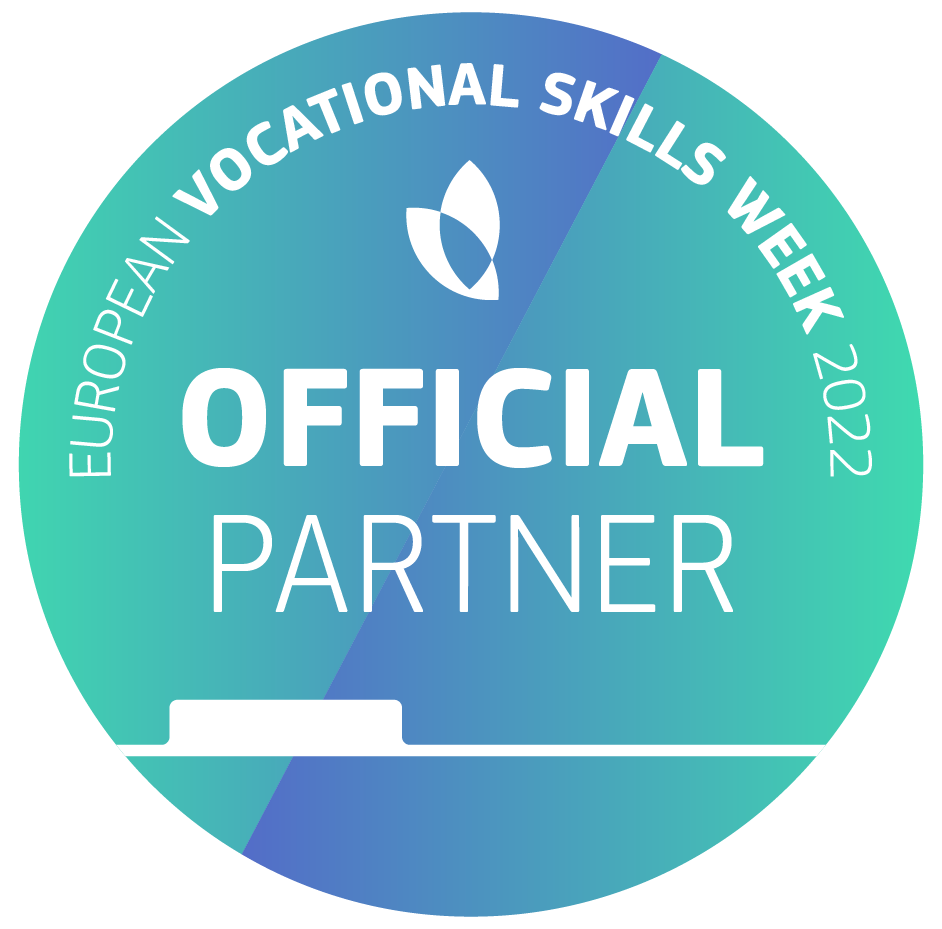Micro-credentials (MCs) are new.
Although some exist in partner countries, experience is limited.
In a participative workshop, we explore prospective guidelines with international experts.
These guidelines should support developing and recognising MCs, pooling experiences and improving portability and recognition.
Questions discussed are: How can MCs be embedded in a wider policy/regulatory framework? Should they be in the NQF register? How can we use the European approach emphasising relevance, assessment and stackability for designing and implementing MCs.
Guidelines can be for policy makers, so that MCs can be recognised and/or focus on qualification and curriculum developers, trainers and assessors putting MCs in practice.
Estimated total reach or number of participants: 105
- vocational education | vocational training
- Friday 20 May 2022, 08:30 - 17:30 (CEST)
- Italy
- External event
- Country
- Italy
- Type of event/activity
- Workshop or seminar / online workshop or seminar
- Main audience
- Professional organisations or social partners
- Type of organisation
- EU Agency, national / regional / local authority
Practical information
- When
- Friday 20 May 2022, 08:30 - 17:30 (CEST)
- Where
- European Training FoundationItaly
- Who should attend
- Professional organisations or social partners
- Languages
- English, French, Russian
- Organisers
- European Training Foundation
- Website
- European Training Foundation
Description

EVSW event on micro-credentials: preparing guidelines
Rationale
Micro-credentials are a new concept and an important trend, central to the Skills Agenda, post Covid recovery and digital and green transition.
Micro-credentials have been in existence under different names in different partner countries.
Nevertheless, experience with micro-credentials is still limited.
We want to develop guidelines for developing and recognising micro-credentials.
The idea is to pool the existing experiences in producing micro-credentials building on developments in EU, partner countries and beyond.
We want to explore how we can improve the portability and recognition of micro-credentials using existing experiences.
In particular we want to build on the European approach to micro-credentials which underlines the importance of relevance, assessment and stackability of learning outcomes as key components for designing and implementing micro-credentials by practitioners in the context of lifelong learning including validation, vocational education and training, adult learning and higher education.
In order to facilitate the use and recognition of micro-credentials they need to be embedded in a wider policy or regulatory framework, in particular in ETF partner countries.
Should they be part of the NQF register of qualifications? What should be put into the guidelines on this?
Objective
Guidelines for micro-credentials could cover different aspects.
They may support policy makers at system level in embedding micro-credentials into the qualification and education and training systems including data bases and ensuring that they can be recognised through empowering policy documents and regulations.
They may also focus on qualification developers, curriculum developers, assessors and recognition officers at providers level supporting them in putting micro credentials in practice.
We want to ensure a participative approach inviting experts and practitioners from the EU, partner countries and elsewhere.
